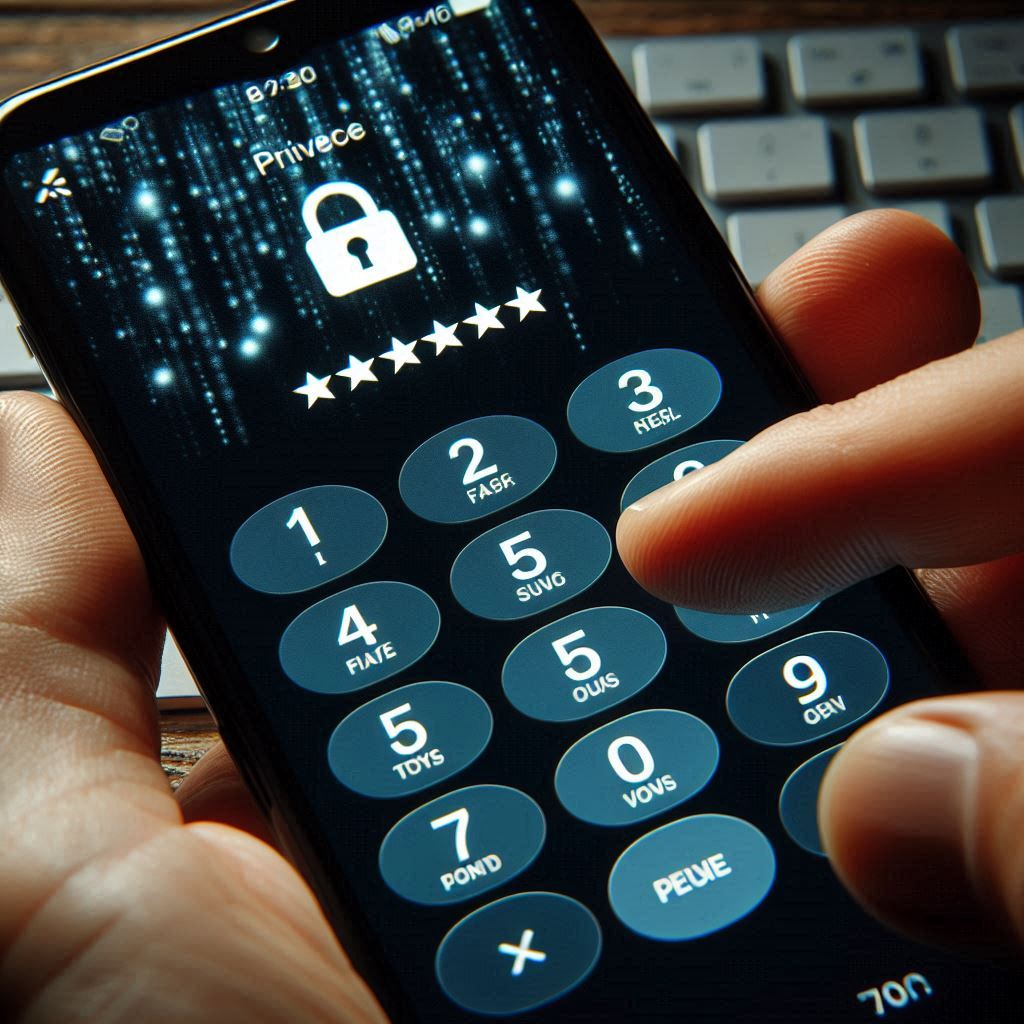 In today’s digital age, convenience often takes precedence over security. Instant messaging apps and SMS are ubiquitous, making communication faster and easier than ever before. However, the convenience of these platforms can sometimes lead to careless practices, such as sharing sensitive information like PINs and passwords. Here’s why you should never share these crucial security details via instant messaging or SMS, supported by real-life examples and business cases.
In today’s digital age, convenience often takes precedence over security. Instant messaging apps and SMS are ubiquitous, making communication faster and easier than ever before. However, the convenience of these platforms can sometimes lead to careless practices, such as sharing sensitive information like PINs and passwords. Here’s why you should never share these crucial security details via instant messaging or SMS, supported by real-life examples and business cases.
The Risks of Instant Messaging and SMS
- Lack of Encryption Many instant messaging apps and SMS services do not provide end-to-end encryption. This means that messages can be intercepted by cybercriminals or unauthorized third parties. Even if a service claims to offer encryption, it’s not always foolproof, and vulnerabilities can still be exploited.
- Phishing and Social Engineering Cybercriminals often use instant messaging and SMS as vectors for phishing attacks. By masquerading as a trusted contact or service, they can trick individuals into divulging sensitive information. These tactics exploit the trust and speed of these communication channels.
- Device Vulnerabilities Mobile devices are susceptible to malware and hacking. If a device is compromised, any information sent via SMS or instant messaging can be accessed by the attacker. This includes PINs, passwords, and other sensitive data.
- Unintended Recipients Messages can be accidentally sent to the wrong recipient. This human error can result in sensitive information falling into the hands of someone who should not have access to it.
Real-Life Examples
- High-Profile Hacks High-profile hacks often start with simple mistakes. For instance, the 2014 Sony Pictures hack, which exposed a trove of sensitive data, began with phishing attacks that tricked employees into revealing their passwords via email and messaging services.
- Financial Sector Breaches In the financial sector, breaches often occur due to poor security practices. In 2020, a major bank’s employee was duped into revealing their password through a phishing SMS, leading to unauthorized access and substantial financial loss.
- Celebrity Data Leaks Celebrities have also fallen victim to such vulnerabilities. In one notable case, a celebrity’s personal assistant shared passwords via an instant messaging app, leading to a major leak of personal photos and information.
Business Case: The Cost of a Breach
The consequences of sharing sensitive information via insecure channels can be dire for businesses. Here’s a hypothetical scenario that illustrates the potential impact:
Scenario:
A mid-sized company, XYZ Corp, relies heavily on instant messaging for internal communication. An employee shares their login credentials with a colleague via an instant messaging app. Unbeknownst to them, the app has a vulnerability that a hacker exploits. The hacker gains access to the company’s internal network, leading to:
- Data Breach: Customer data, including financial information, is stolen.
- Financial Loss: The company incurs costs associated with the breach, including legal fees, fines, and remediation costs, amounting to millions of dollars.
- Reputation Damage: Trust with customers and partners is severely damaged, leading to a loss of business and long-term revenue decline.
- Operational Disruption: The breach causes significant operational downtime, affecting productivity and service delivery.
Preventive Measures:
- Use Encrypted Communication Tools: Opt for communication tools that offer robust end-to-end encryption.
- Implement Multi-Factor Authentication (MFA): Require MFA for accessing sensitive systems and data.
- Educate Employees: Conduct regular training sessions on cybersecurity best practices and the dangers of sharing sensitive information via insecure channels.
- Regular Audits and Penetration Testing: Conduct regular security audits and penetration testing to identify and address vulnerabilities.
Conclusion
In the digital era, the security of sensitive information is paramount. Sharing PINs, passwords, and other confidential data via instant messaging or SMS exposes individuals and businesses to significant risks. By understanding these risks and adopting stringent security measures, we can safeguard our digital lives and prevent costly breaches. Always prioritize secure communication channels and educate yourself and your team on the best practices for data protection. Your vigilance is the first line of defense against the ever-evolving landscape of cyber threats.

